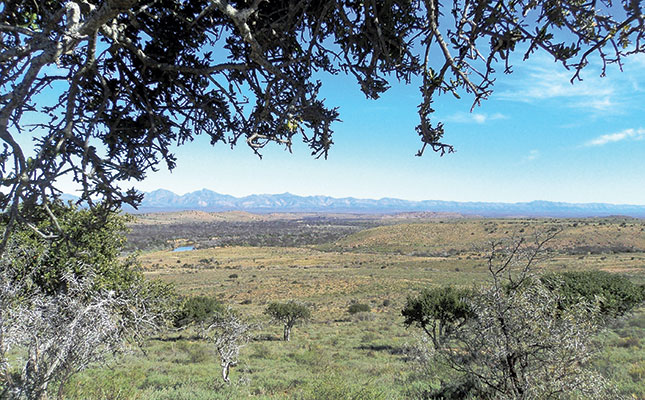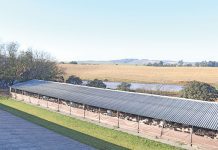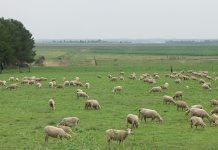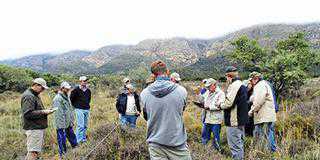
Whether they’re entrepreneurs developing a game ranch or buying a country getaway, or farmers just starting out, rural landowners need to know that one of their responsibilities is to be a good neighbour and an asset to their community.
Newcomers to a district do well to follow the old rule, ‘When in Rome, do as the Romans do’ until they’ve had time to evaluate the area’s unwritten code.
Each farming district has a particular way of doing things; customs that have developed over a long time, based on the main production system in the area and the problems associated with it.
If you ignore these customs you’re likely to upset the locals who know each other almost as well as they know their own families.
Try to see things their way, they’re right to be suspicious of an absentee landowner or a weekend farmer who may be quite happy to sell his farm on if there is money to be made, regardless of the chaos he leaves behind.
Disputes
For example, at least one district in the Karoo is overrun by warthogs that destroy fences and crops. The warthogs were introduced onto a game ranch by an investor who didn’t do his homework.
Now his neighbours have to deal with the consequences. Complaints about wildlife ranches allowing predators such as black-backed jackal to multiply, and escape onto surrounding stock farms, are common, as are those about unethical hunting practices, particularly on smaller game farms.
Water can also be grounds for argument. There are bound to be disputes if a new farm owner builds a dam, cutting off stream flow from downstream users, or sinks a borehole on the boundary with a powerful pump, that causes the water table to drop. To make matters worse, he might not take the necessary steps to control fires.
Advice
Here are some tips on how to prevent unnecessary friction with neighbours:
- Join the local agricultural association, even if you only attend a few meetings a year. This helps you to get to know other farmers and to stay in touch with problems and new legislation relating to the business of farming.
- When you move in, pay a courtesy visit to your neighbours. You don’t have to become their closest friends but try and develop good relationships wherever you can. Every farmer needs the help of his neighbours at some stage and good neighbourliness cultivates a willingness to pitch in when help is needed.
- Discuss access road and boundary maintenance. Taking turns in looking after these is a good idea, because they’re shared responsibilities.
- Make sure you can identify and manage alien plant invaders and plant and animal diseases. This prevents them from spreading onto neighbouring farms.
- Ensure that your animals, including dogs, don’t stray off your property and cause damage.
- Stop and talk to municipal, Eskom and Telkom personnel you’ll meet along the roads from time to time. You’re bound to call on them for help and being on friendly terms with them makes things easier.
- Whenever possible, buy locally and use local services. It’s sound business practice and means that more money stays in the district, benefiting the community.
If, after enough time has passed, you believe your way of operating is better than the accepted norm for the district, invite a few farmers over to discuss it with them.
Rubbing them up the wrong way without taking their concerns into account can only lead to long-lasting animosity. Civil communication is the name of the game. If there is a serious dispute, bring in an arbitrator.
It’s also about safety & security
If you can’t personally join the local police reserve unit or farm watch, get your foreman or manager to do so. Get to know some of the area’s police officers, including the station commander.
You could have a crime problem one day and find the police don’t know where your farm is. For the same reason it will help to introduce yourself to the local clinic and ambulance staff.
Make sure a responsible person is left in charge of the farm when you’re not there and that your neighbours and police know where to reach you at any time.
Don’t let your staff or farm visitors trespass on other farms or interfere with the staff of other farmers.













